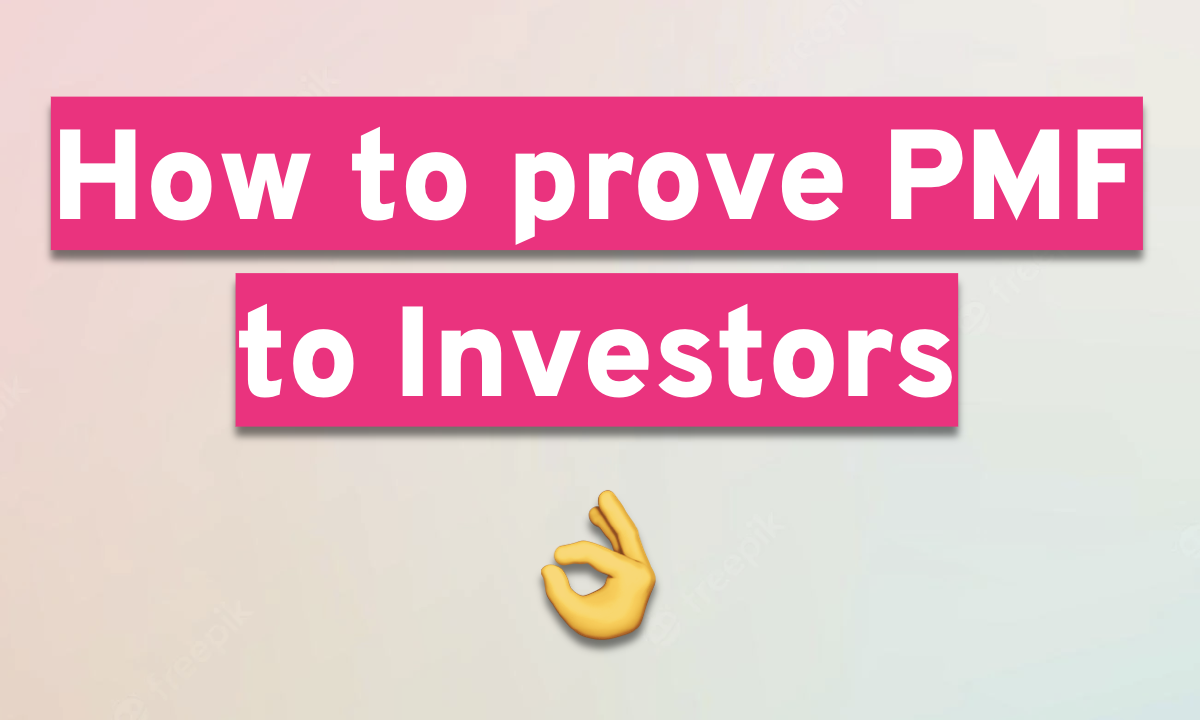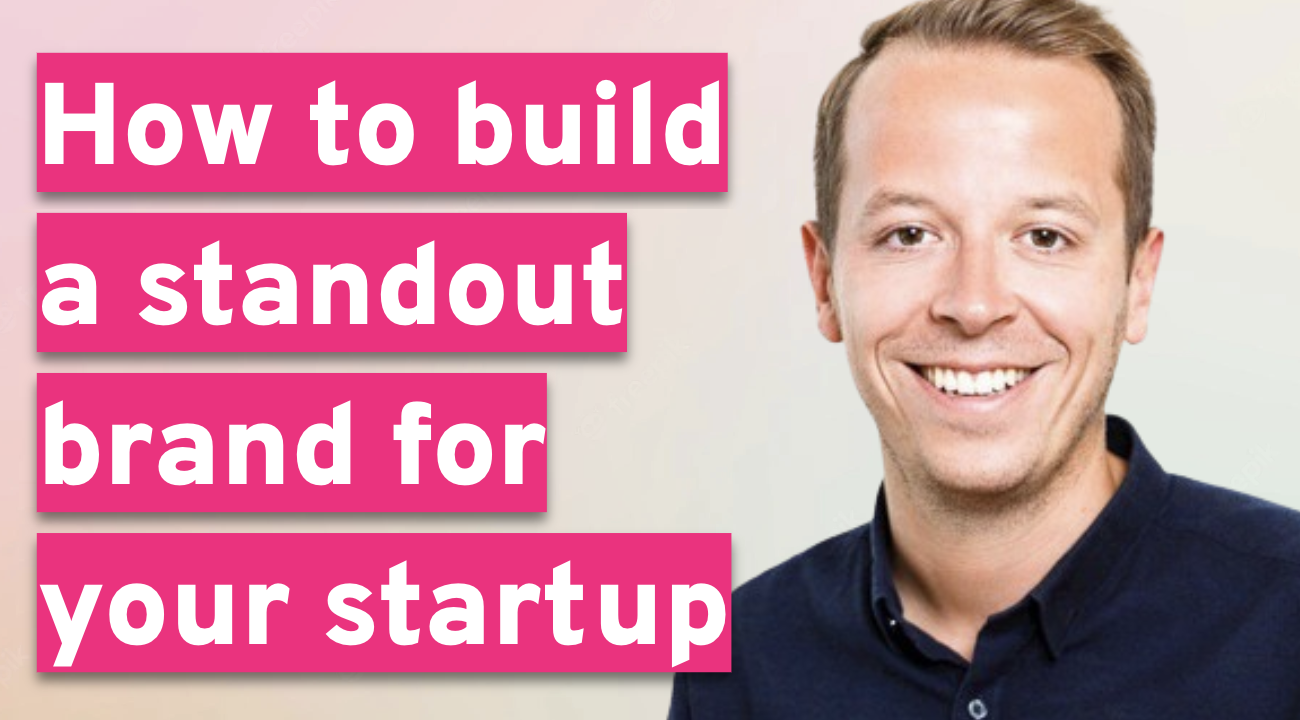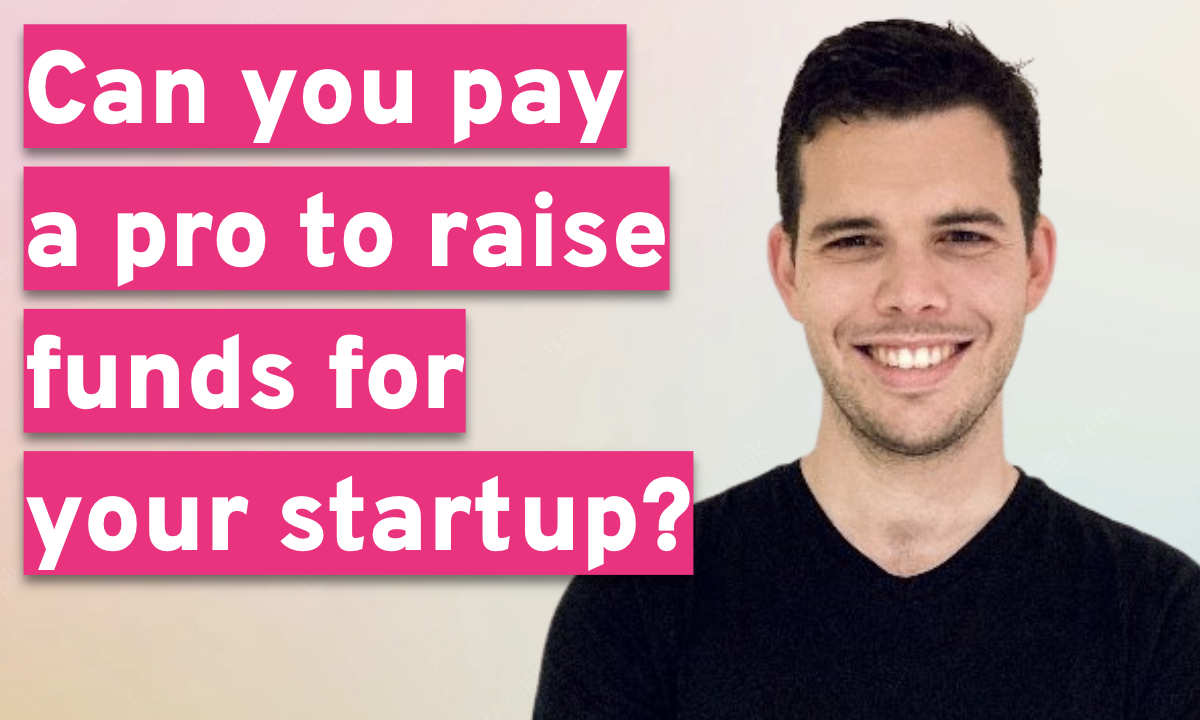In the ever-evolving landscape of startup fundraising, crafting an irresistible pitch deck is the gateway to attracting potential investors.
However, the demonstration of a solid product-market fit lies at the heart of a compelling pitch. Investors aren't just looking for innovative ideas; they seek assurance that a startup has identified and can effectively address a market need. This comprehensive guide will delve into the intricacies of proving product-market fit and how it is pivotal in securing crucial investments for your startup.
Table of Contents
Why Product-Market Fit Matters in Your Investor Pitch Deck
Understanding the Investor's Perspective
Investors are not simply writing checks based on revolutionary ideas; they are making strategic bets on businesses that have the potential to capture and dominate a specific market. This is where product-market fit comes into play. It is the validation that your product satisfies a genuine market demand, setting the stage for scalable growth. Investors want evidence that your startup has found the right balance between what you offer and what the market craves.
Reducing Risk and Increasing Confidence
A robust product-market fit reduces the perceived risk for investors. It provides them with tangible proof of your product or service demand. This reassurance can be a deciding factor, especially in the early stages when startups navigate uncertainties. By showcasing a well-established fit, you increase investor confidence and make your venture more attractive.
Key Aspects of Proving Product-Market Fit
1. Customer Validation and Feedback
Before investors open their wallets, they want to know that real customers find value in your offering. Collecting and presenting customer testimonials, case studies, and feedback can be a powerful way to demonstrate your product's impact. Showcase instances where your solution has solved a pain point or significantly improved your users' lives.
PulseHealth, a health tech startup revolutionizing remote patient monitoring, strategically incorporated customer validation into its pitch. By sharing success stories of patients who experienced better health outcomes through their platform, accompanied by positive testimonials from healthcare providers, PulseHealth successfully showcased the tangible benefits of their solution. This approach illustrated a robust product-market fit and instilled confidence in potential investors about the real-world impact of their innovative healthcare technology.
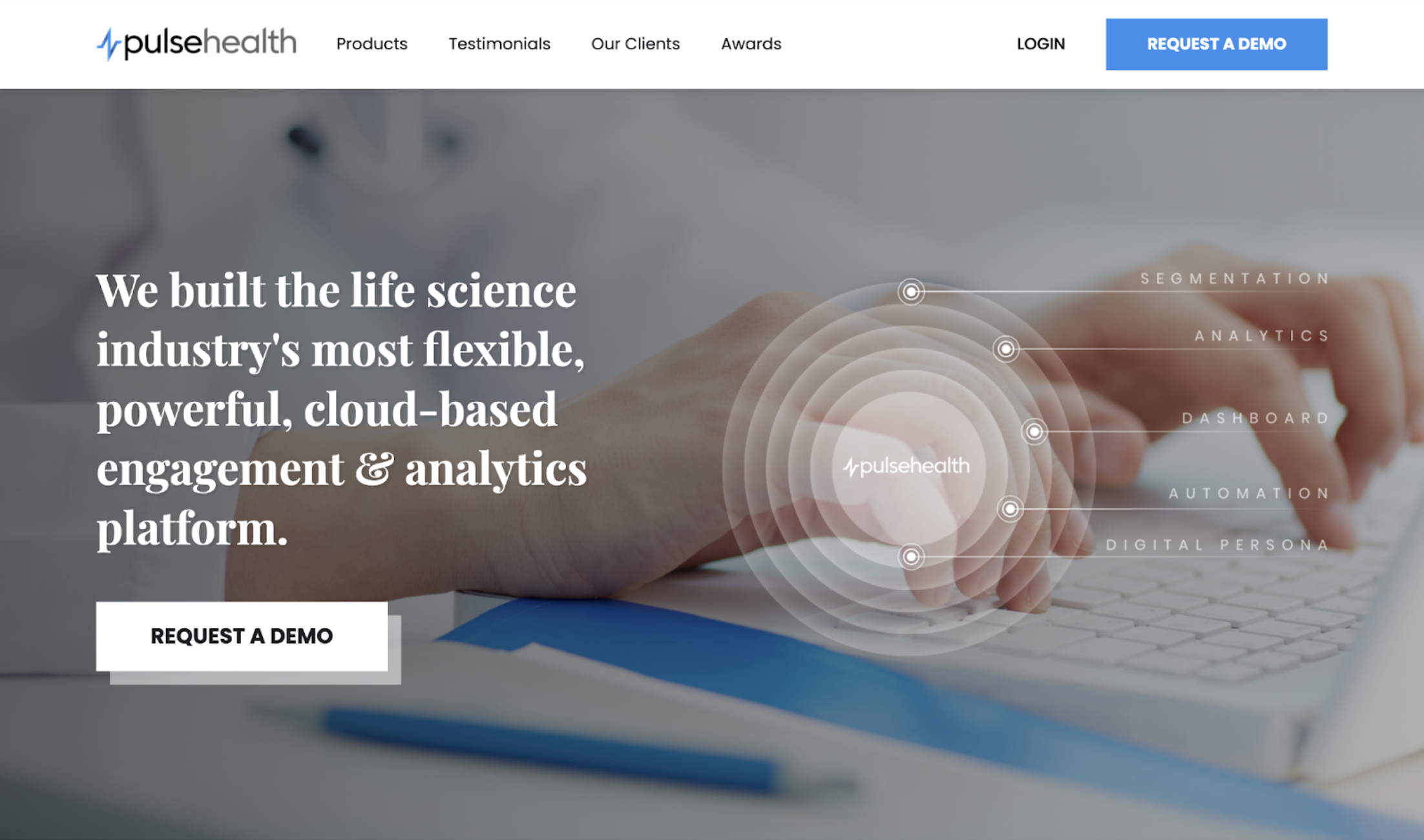
2. Traction Metrics
Numbers speak louder than words. Tangible metrics such as user acquisition, retention rates, and revenue growth are crucial in proving your product-market fit. Investors want to see that your startup is gaining traction in the market and has the potential for scalability.
XYZ Analytics, a data-driven analytics platform, has successfully leveraged traction metrics to validate its product-market fit and attract investor interest. The startup focuses on providing advanced analytics solutions for e-commerce businesses to optimize their marketing strategies.
In the first year of operation, XYZ Analytics achieved:
- User Acquisition Surge: XYZ Analytics experienced a remarkable user acquisition surge, with a 300% increase in sign-ups within three months of launching its platform. This rapid growth indicated a strong demand for analytics services among e-commerce professionals.
- Impressive Retention Rates: The startup's focus on user engagement and satisfaction resulted in an impressive 90% monthly retention rate. This metric underscored the platform's value proposition, demonstrating that users found ongoing utility in XYZ Analytics for their business needs.
- Revenue Growth Trajectory: XYZ Analytics showcased a consistent month-over-month revenue growth of 20%. This financial milestone reflected the scalability of their business model and demonstrated a positive correlation between customer adoption and revenue generation.
- Customer Testimonials and Referrals: XYZ Analytics actively collected positive customer testimonials and referrals beyond the numbers. The startup's commitment to customer success was evident through glowing reviews, strengthening the narrative of a product that attracts users and delivers tangible value.
By presenting these traction metrics, XYZ Analytics successfully communicated its ability to acquire and retain users while driving revenue growth. This compelling data story positioned the startup as a promising investment opportunity, emphasizing its potential for sustained success in the competitive analytics market.
Unlock the secrets to startup fundraising 🚀
Use our FREE, expert-backed playbook to define your valuation, build VC connections, and secure capital faster.
Access now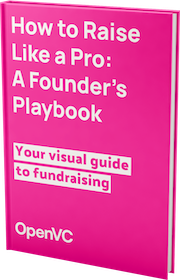
3. Market Research and Analysis
In a landscape where healthcare is undergoing rapid digital transformation, MedConnect Solutions stands out as a pioneer in the telehealth sector. Recognizing the importance of thorough market research, the startup has seamlessly integrated a comprehensive TechTrends report into its pitch deck, showcasing a deep understanding of the market dynamics.
Market Insight Highlights:
- Growing Demand for Telemedicine Solutions: The TechTrends report meticulously outlines the escalating demand for telemedicine services, driven by factors such as the global pandemic, an aging population, and the increasing need for convenient healthcare access.
- Competitor Landscape : MedConnect Solutions has delved into an in-depth competitive landscape analysis, identifying key players and differentiating factors in telehealth. This demonstrates a keen market awareness and positions MedConnect as a strategic player with a unique value proposition.
- Target Audience Segmentation : The startup goes beyond surface-level demographics, presenting a nuanced understanding of its target audience. By segmenting potential users based on their specific healthcare needs and preferences, MedConnect Solutions aligns its product offerings with the diverse requirements of the market.
- Technology Adoption Trends : The TechTrends report highlights the current and anticipated trends in technology adoption within the healthcare sector. MedConnect Solutions leverages this information to align its product development roadmap with emerging technologies, ensuring long-term relevance and competitiveness.
Strategic Positioning:
Armed with this comprehensive market analysis, MedConnect Solutions strategically positions itself as a solution perfectly tailored to meet the evolving demands of modern healthcare. The startup's pitch convinces investors of the growing market opportunity and demonstrates a proactive approach to staying ahead of industry trends.
By weaving the TechTrends report into its narrative, MedConnect Solutions confidently showcases its commitment to evidence-based decision-making and ability to adapt to the dynamic healthcare landscape. This approach instills confidence in potential investors and reinforces the startup's credibility as a leader in the telehealth revolution.
Addressing Common Questions and Concerns about Raising Capital for Startups
When is it Too Early to Prove Product-Market Fit?
Proving product-market fit is a crucial step for startups looking to raise capital. It involves demonstrating that there is a demand for your product or service in the market and that you can meet that demand. The timing to prove product-market fit may vary, but investors usually seek evidence of traction and customer validation. Even if your startup is in its early stages, showcasing a validated idea or prototype can go a long way in building investor confidence.
To determine whether it is too early to prove product-market fit, you should consider the nature of your business and the market you are targeting. If you are operating in a highly competitive market, investors may expect you to have already demonstrated some level of product-market fit. On the other hand, if you are targeting an emerging market, you may have more leeway to prove product-market fit at a later stage.
What if the Initial Product-Market Fit Fails?
The startup journey is full of uncertainties, and it is not uncommon for startups to encounter roadblocks along the way. One of the most common challenges that startups face is an initial product-market fit that fails to gain traction. This can happen for a variety of reasons, such as a lack of understanding of the target audience, a poorly executed marketing strategy, or a product that does not meet the needs of the market.
If you encounter such challenges, it is important to be transparent with your investors. Investors appreciate honesty, and they understand that startups face many obstacles. If you can demonstrate that you are learning from your failures and adjusting your strategy, you can still win their confidence. In fact, many investors are impressed by startups that can pivot and adapt to changing market conditions. So, don't be afraid to share your experiences and show that you are willing to make the necessary changes to succeed.
As you embark on the fundraising journey, remember that proving product-market fit is not a one-time event but an ongoing process. Continuously gather and analyze data, adapt to market dynamics, and keep investors updated on your progress. By doing so, you not only enhance your chances of securing investments but also position your startup for long-term success.
How can your startup leverage emerging market trends to strengthen its product-market fit and attract the right investors?
About the author
James White is a Growth Venture Advisor at EPL Group, an experienced fundraising advisory firm that helps startups navigate the complexities of capital raising strategies. There, James leverages his strong background in finance and keen eye for innovative businesses to identify and support the next big thing in the startup world. With a passion for working with visionary entrepreneurs, James collaborates closely with founders to provide the necessary resources and guidance to turn their ideas into successful businesses.
In addition to his professional endeavors, James is dedicated to participating in mentorship programs and industry events, where he shares his knowledge and insights with aspiring entrepreneurs. He strongly believes in the power of collaboration and actively seeks opportunities to connect with like-minded individuals and organizations.
Find your ideal investors now 🚀
Browse 5,000+ investors, share your pitch deck, and manage replies - all for free.
Get Started
